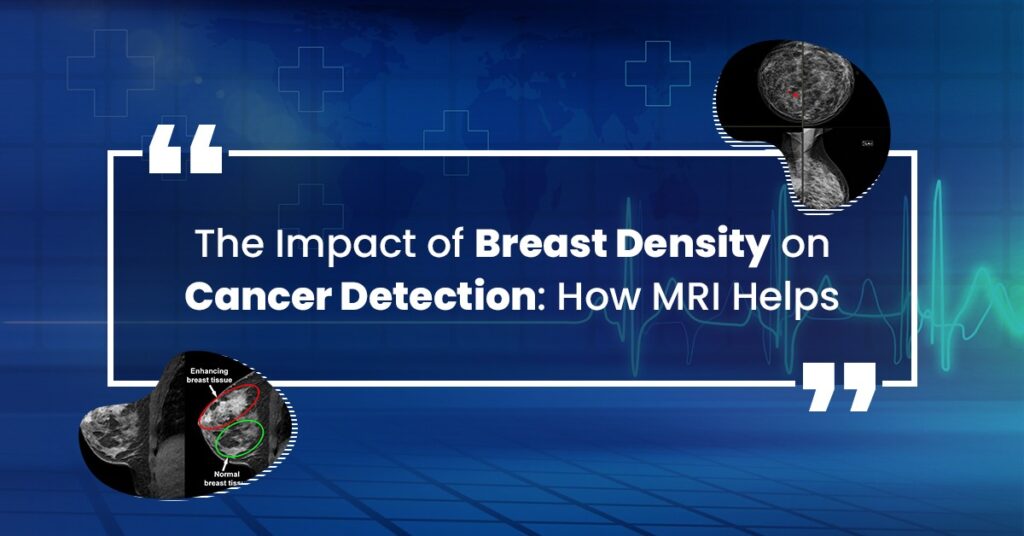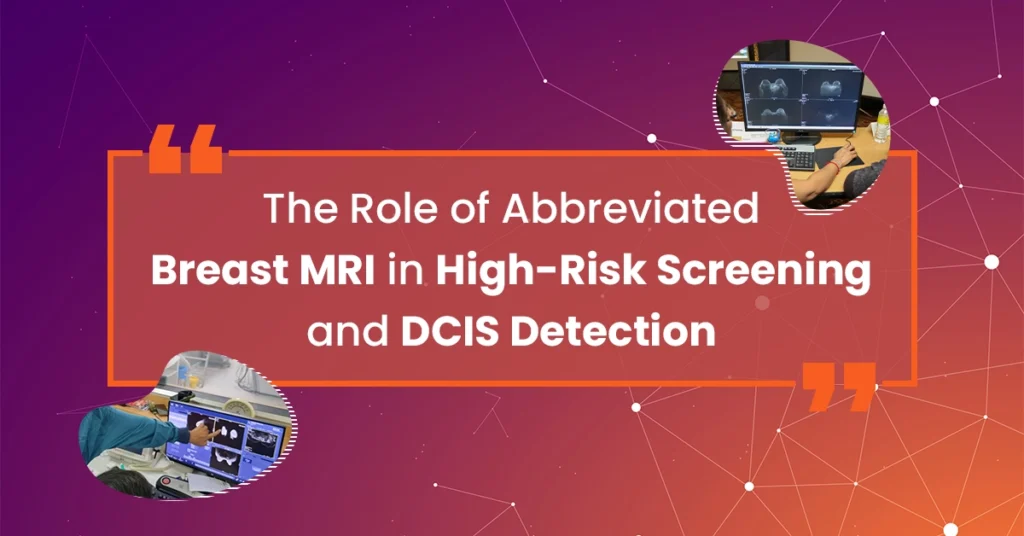The Impact of Breast Density on Cancer Detection: How MRI Helps

Introduction Breast cancer is a significant health concern for women worldwide, with early detection playing a crucial role in treatment outcomes. However, not all screening methods are equally effective, especially for women with dense breast tissue. Understanding how breast density affects cancer detection and the role of Magnetic Resonance Imaging (MRI) can empower women to…
How AI Revolutionizes Breast MRI for Cancer Detection

Breast cancer remains one of the most prevalent cancers affecting women worldwide. Early detection is crucial for successful treatment and better outcomes. Traditional screening methods like mammography have limitations, often missing early-stage cancers, particularly in women with dense breast tissue. However, the integration of Artificial Intelligence (AI) into breast Magnetic Resonance Imaging (MRI) is revolutionizing…
MRI Predicts Parkinson’s Disease Progression: Insights from Recent Research

Introduction Parkinson’s disease (PD) is a progressive neurodegenerative disorder marked by symptoms like tremors, slowness of movement, and rigidity. As these symptoms worsen over time, early diagnosis and prediction of disease progression become crucial for effective management. Recent studies highlight the potential of Magnetic Resonance Imaging (MRI) to predict PD progression in its early stages,…
Harnessing AI and Resting-State fMRI to Predict Brain Surgery Outcomes

Introduction Artificial Intelligence (AI) is making significant strides in healthcare, particularly in predicting outcomes for brain surgery in patients with high-grade gliomas. A recent study led by Patrick Luckett, PhD, at Washington University School of Medicine in St. Louis, MO, has demonstrated how combining machine-learning algorithms with resting-state functional MRI (fMRI) can provide highly accurate…
Revolutionizing Prostate Cancer Diagnosis: The Rise of MRI-Guided Techniques

Prostate cancer presents a significant health challenge for men globally, necessitating precise diagnostic methods to inform effective treatment strategies. While conventional approaches such as the prostate-specific antigen (PSA) test and rectal examinations have long been relied upon, their limitations, including potential oversight of cancerous regions and associated side effects, have spurred the search for more…
The Role of Abbreviated Breast MRI in High-Risk Screening and DCIS Detection

Recent presentations at ECR 2024 shed light on the efficacy of abbreviated breast MRI not only in high-risk women but also in evaluating “pure” ductal carcinoma in situ (DCIS). This innovative approach offers a safe and streamlined alternative to conventional breast MRI screening exams, as discussed by presenters Dr. Tamara Suaris and Dr. Nurbanu Basdogan….
Illuminating the Path to Earlier Prostate Cancer Detection

Multiparametric MRI (mpMRI) scans provide a valuable window into the prostate, aiding in the detection of cancer. However, interpreting these intricate images can be a complex task, especially for radiologists who primarily focus on other areas of the body. Fortunately, Artificial Intelligence (AI) is emerging as a powerful tool, shedding light on this challenge and…
Optimizing Patient Experience in MRI Exams: Insights from ECR Meeting

At a recent presentation during the European Congress of Radiology (ECR) in Vienna, Isabel Nieto Alvarez, a doctoral candidate at Friedrich Alexander University of Erlangen-Nuremberg, explored the pivotal role of patient feedback in enhancing MRI exam experiences. Her insights shed light on addressing patient anxiety and discomfort, aiming for more patient-centric care. Alvarez highlighted a…


